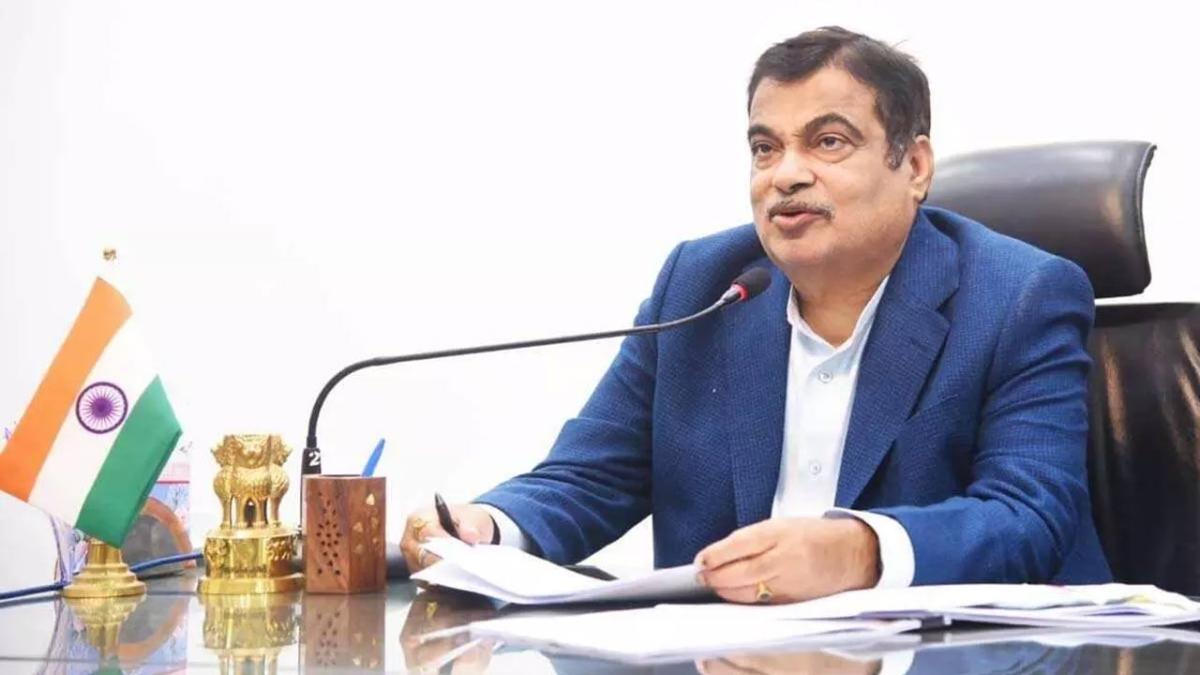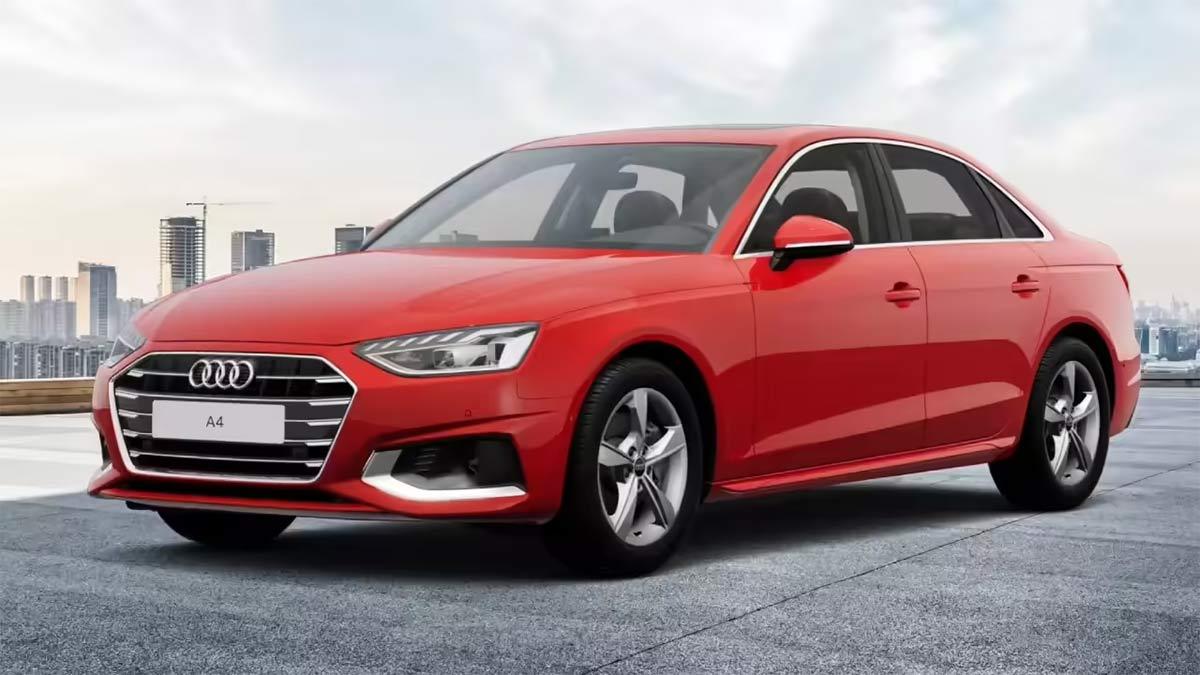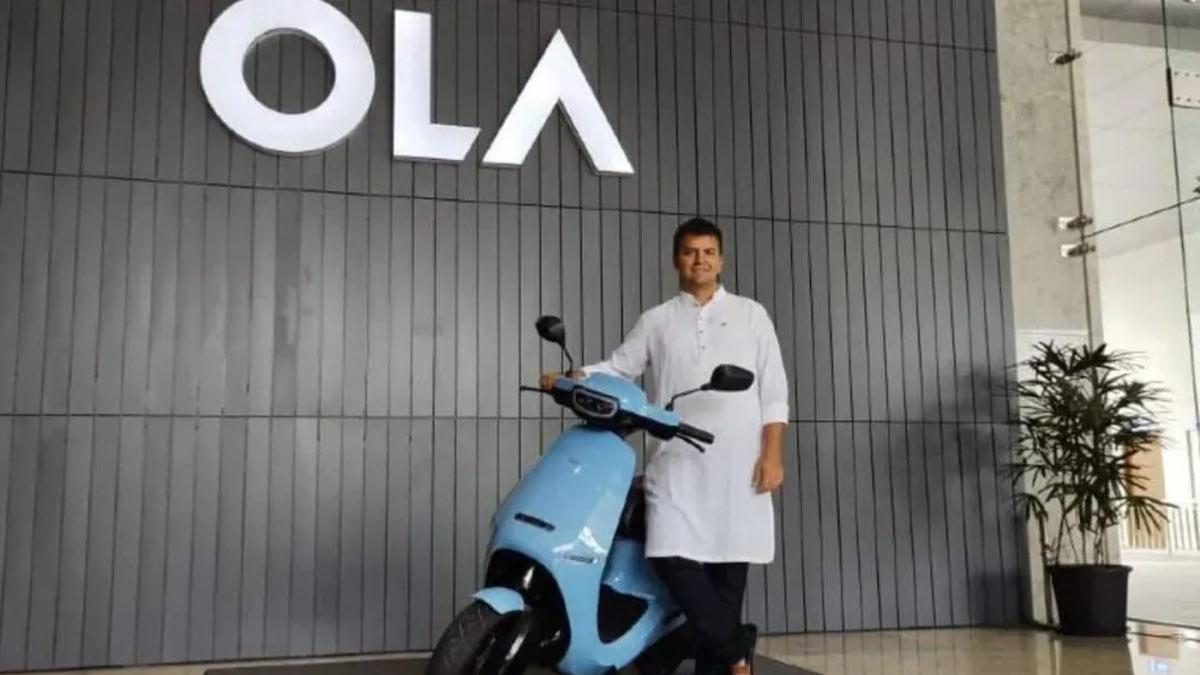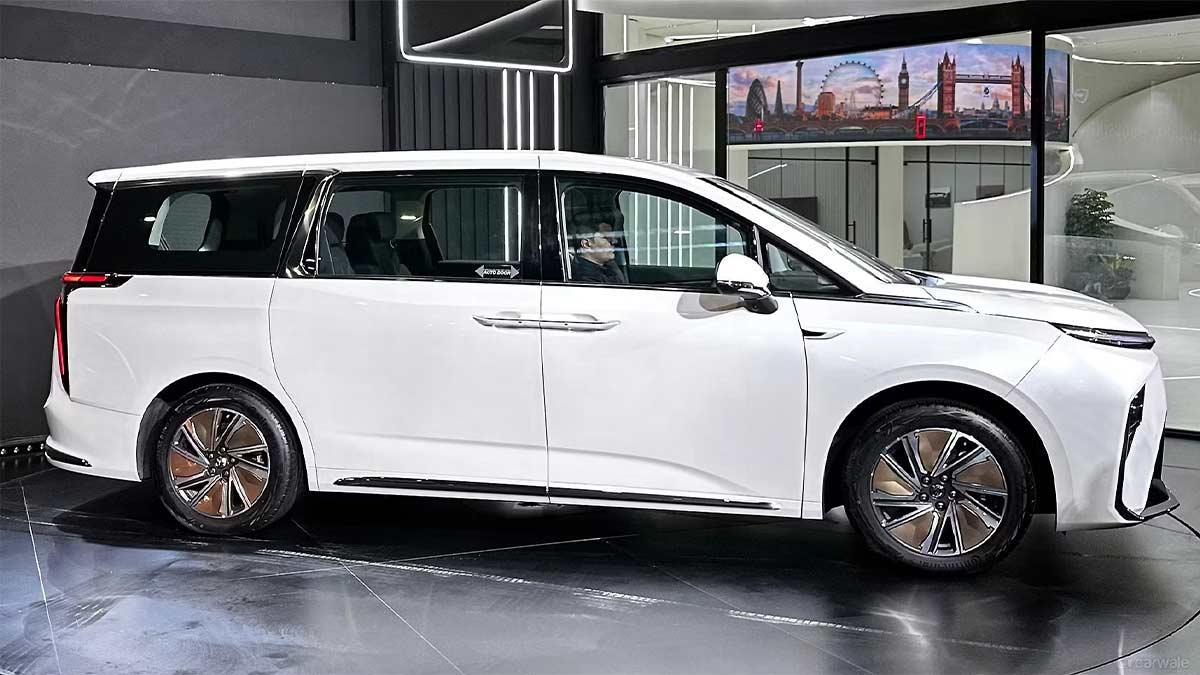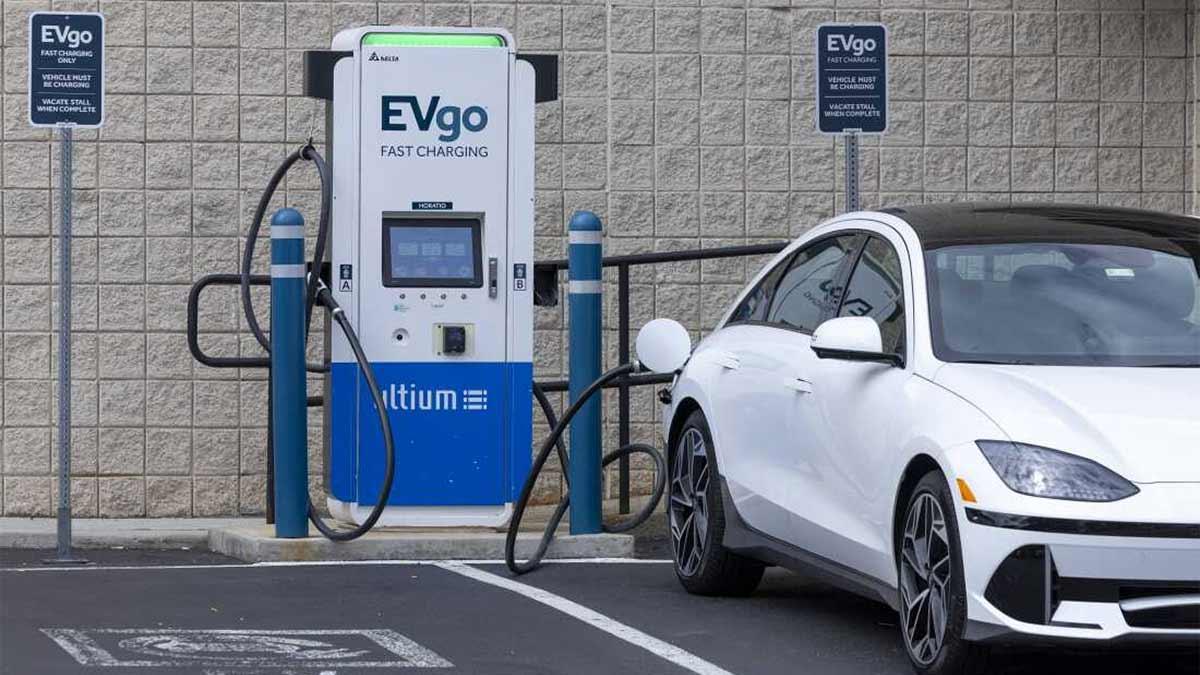The cost of electric vehicles will almost reach a parity with the petrol and diesel variants in two years with greater adoption of such vehicles in the country, Union Minister for Road Transport and Highways Nitin Gadkari said on Monday. Addressing an event organised by the Automotive Component Manufacturers Association of India (ACMA), the Minister also urged automobile companies to contribute to road safety initiatives, with emphasis that road safety remains a big priority for the ministry. "Ten years ago, when I was pushing for electric vehicles, automobile giants in India didn't take me seriously. Now, they tell me they may have missed the bus," Gadkari told the gathering.
He further added that he is not against any additional subsidy or incentive for electric vehicles, and if the Finance Ministry and Ministry of Heavy Industries want to give more EV subsidies, he has no problem. The new policy on electric vehicle manufacturing seeks to attract global players to India but with a stress on domestic value addition. According to ACMA, the EV policy is a further key milestone in the journey of accelerating the pace of introduction of advanced technology and encouraging innovation in the Indian automotive industry. The new policy lays the ground for a dynamic future-mobility global manufacturing hub in India. The new policy stipulates that at least Rs 4,150 crore of investment-about $500 million-is required in setting up manufacturing facilities and inception of production within three years, apart from reaching 25 percent DVA by three years and 50 percent DVA within five years at maximum.
The government may approve the third Faster Adoption and Manufacturing of (Hybrid and) Electric Vehicle-FAME scheme in the next two months to further accelerate electric vehicle consumption, said the Minister of Heavy Industries, HD Kumaraswamy. As against the month of previous fiscal, EVs registered this month increased by 42.06 per cent in the current fiscal. The credit rating agency ICRA estimates that electric cars could make up about 15 per cent of new car sales by 2030.
Read also| Ola Electric’s Market Share Falls to 31% in August, Continues to Decline
Read also| Ola Electric Debuts E-Motorcycles, Plans In-House Battery Cell Integration by Early FY26

